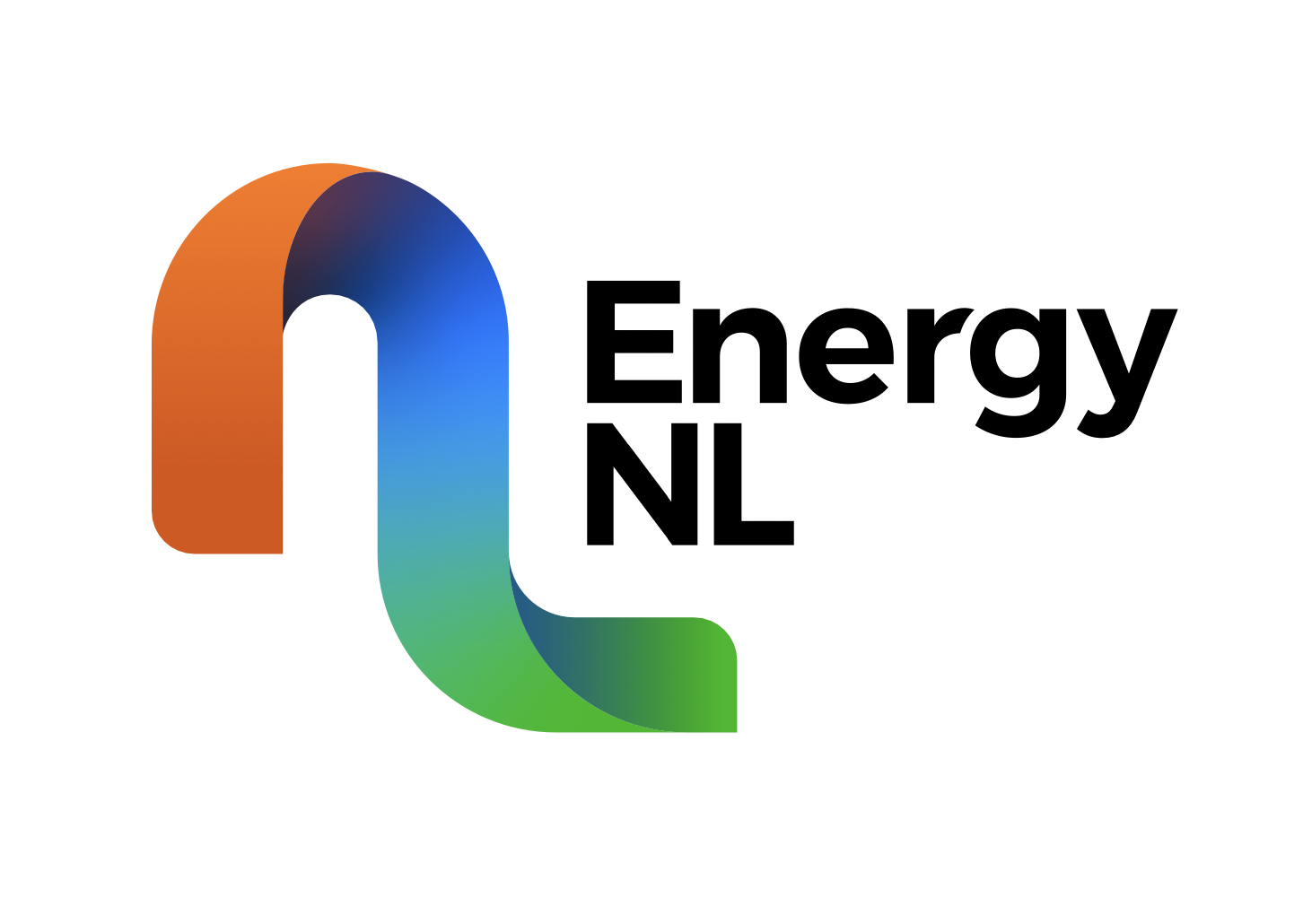Brazil and its tiny neighbors Guyana and Suriname have recently risen to prominence with major oil discoveries despite what most would see as an unfavorable environment—the energy transition seems to be moving ahead at full speed and oil’s days should be numbered. Only they aren’t. And the future of oil appears to be offshore.
Brazil will come to account for a quarter of global offshore oil output by 2025, a recent report by GlobalData said. This would mean South America’s largest country would be supplying some 1.3 million bpd to global markets, most from its prolific presalt zone.
“Brazil’s prolific pre-salt layer in the Santos Basin has produced a strong portfolio of offshore projects […] These projects have shown robust economics, such as development breakeven oil prices averaging US$40 per barrel and have significantly contributed to South America’s trend of surpassing North America’s offshore production by 2023,” said GlobalData senior oil and gas analyst Effuah Alleyne in comments on the report.
Then there are Guyana and Suriname, sharing the same-name oil and gas basin. Guyana came first on the oil map with Exxon and Hess’ string of major discoveries that have put reserves in the Stabroek Block where the two drill at some 9 billion barrels of oil equivalent. Suriname is following close, with TotalEnergies tapping a reservoir with an estimated 2 billion barrels of oil equivalent.
Some might question the need for tapping all these billions of barrels in new oil output but others have the answer ready. The energy transition will not happen over a decade. It will take a long time and it will be a time during which global population—and its energy needs—will be rising.
With most of this new population coming from developing countries, the new energy demand will need to be met in an affordable way and oil and gas are still affordable, wrote David Boggs from energy market research provider Energy Maritime Associates in a recent article published in WorldOil.
“Although oil and gas have fallen out of favor rapidly in the eyes of many, the energy transition will take decades. Providing energy for the world’s growing population is complex, and hydrocarbons are still an affordable and reliable source,” Boggs noted. “The changes discussed here will not happen overnight, but over the next 20+ years, as oil and gas operators strategically navigate the changing landscape of the energy sector.”
This navigation may be challenging because of the changes that the energy transition is causing in virtually every industry, especially in financial services. Asset managers are making net-zero commitments, banks are reducing their exposure to oil and gas, and what this means for the oil and gas industry is more obstacles to obtaining funding for new projects.
This is another reason why offshore oil will rule the future. As Brazil and Guyana show, offshore projects in certain locations appear to offer low production costs and high returns—an irresistible combination for lenders. What’s more, most of the world’s untapped oil reserves are offshore so there’s simply a greater potential choice of locations.
The fact that supermajors, otherwise busy devising their own net-zero strategies, are all too willing to take part in exploiting Brazil’s presalt fields should be proof enough there is still future in oil and it is quite a long future simply because different parts of the world are at different stages in their economic development. Renewables are not always a quick and affordable option. Also, oil-rich countries seem loath to see their reserves go to waste.
“We have millions of people without electricity in Africa,” Ghana’s Energy Minister Matthew Opoku Prempeh said at a recent oil and gas industry event. Ghana is believed to be home to some 5 billion untapped barrels of oil, a rare landlocked oil hopeful. “Energy transition does not mean we’ll see our resources unexploited,” the official added.
—
Source: Oil Price| This text was excerpted from the media outlet cited on August 26, 2021 and is provided to Noia members for information purposes only. Any opinion expressed therein is neither attributable to nor endorsed by Noia.





